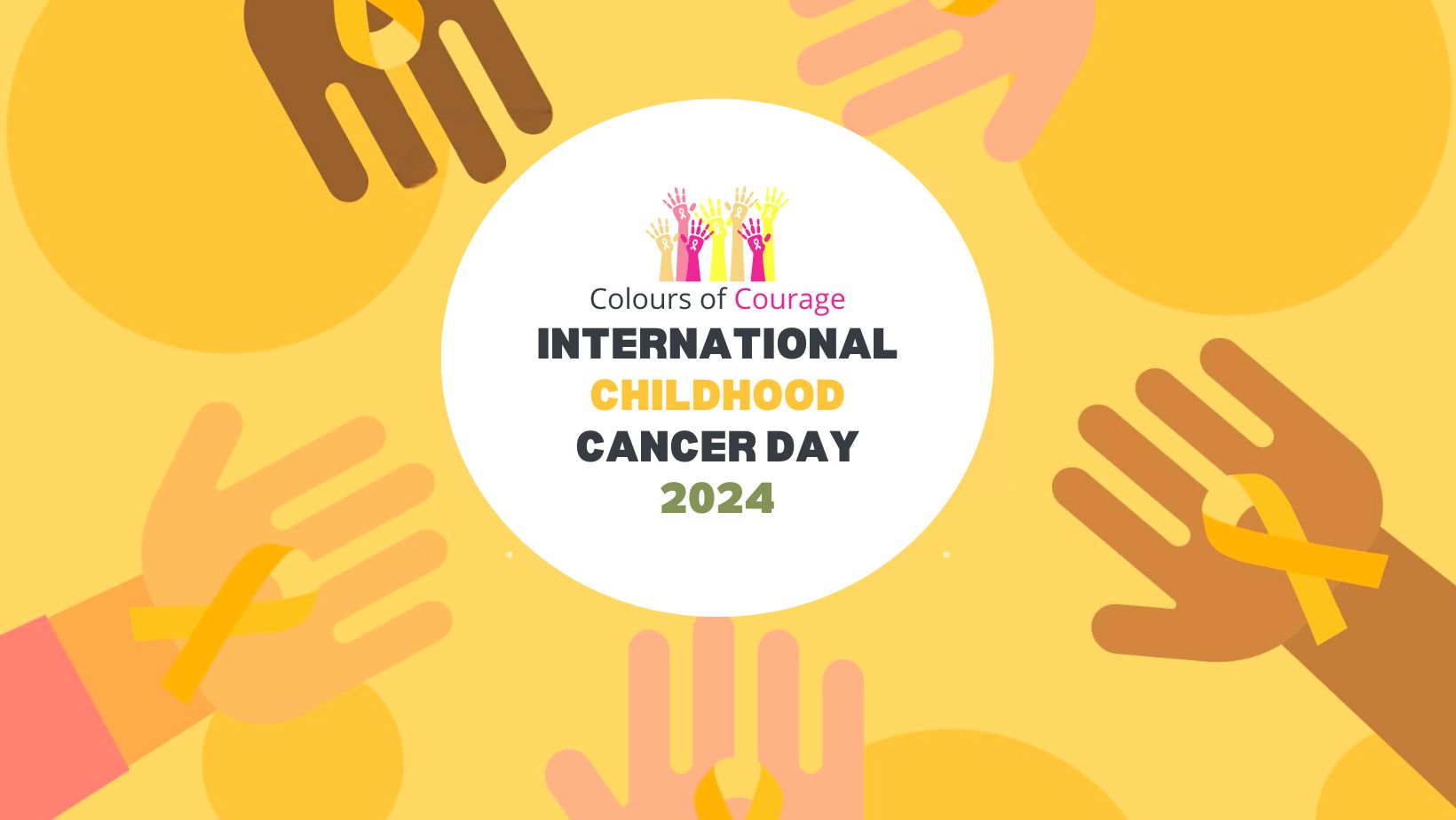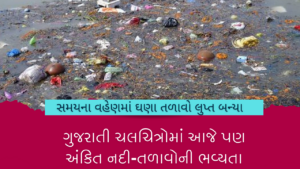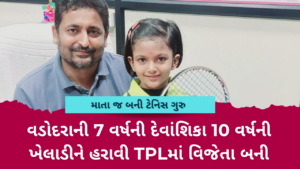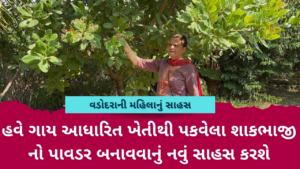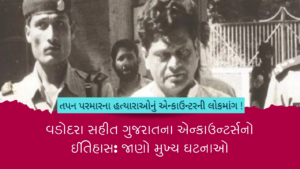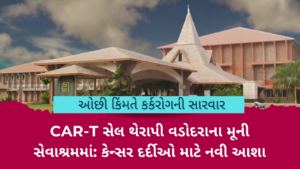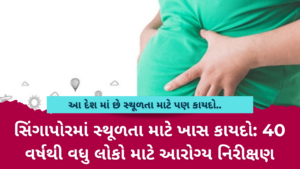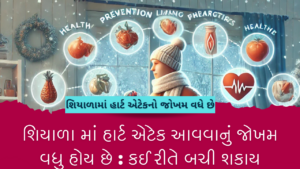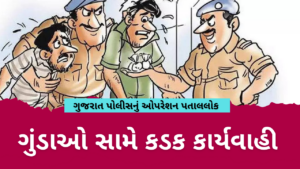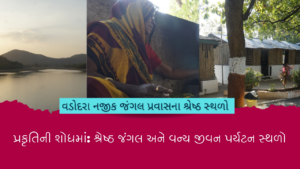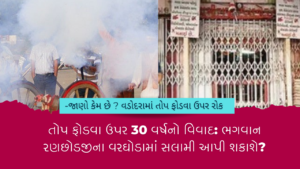“In everyone’s life, at some time, our inner fire goes out. It is then burst into flame by an encounter with another human being. We should all be thankful for those people who rekindle the inner spirit.”
-Albert Schweitzer
International Childhood Cancer Day (ICCD) , observed annually on February 15th, is a global initiative dedicated to raising awareness about childhood cancer, its impact on families, and the need for improved diagnosis, treatment, and support for affected children.
Childhood cancer refers to cancers that affect children and adolescents, typically aged 0-19. These include conditions such as Leukemia, brain tumors, and neuroblastoma are among the most common forms. Unlike adult cancers, childhood cancers often arise from genetic mutations, and early detection and specialized treatments are critical for positive outcomes.
Awareness on childhood cancer is crucial as it is often overlooked, leading to delayed diagnosis and treatment. Increased awareness helps with early detection, improving survival rates. It also addresses the psychological and emotional toll cancer has on families, highlighting the need for better support systems.
Families with children facing cancer navigate through a rollercoaster of emotions. According to renowned psychologist Dr. Jane Nelsen:
“Families dealing with childhood cancer experience a rollercoaster of emotions, from shock and grief to hope and resilience. Psychological support is integral for both the child and their caregivers to cope with the challenges ahead.”
Myths and taboos surrounding childhood cancer persist, including the belief that it is contagious or untreatable. These misconceptions hinder support and contribute to delayed interventions. As it is always, education plays a key role in dispelling these myths, thereby fostering a more compassionate understanding of the disease.
The World Health Organization (WHO) actively contributes to global efforts against childhood cancer. Dr. Tedros Adhanom Ghebreyesus, WHO Director-General, emphasizes:
“Childhood cancer is a global health priority. WHO works to ensure equitable access to quality care, research, and survivorship support for children with cancer worldwide.”
Cancer in India has been a rather touchy subject, however India has made significant strides in addressing the sensitive issue of childhood cancer. Major achievements include enhanced diagnostic capabilities, specialized pediatric oncology units, and increased public awareness. Challenges persist, such as limited access to advanced treatments in rural areas.
Health Minister Dr. Mansukh Mandaviya outlines the roadmap:
“India is committed to strengthening pediatric oncology services, fostering research, and expanding outreach programs. We aim to improve survival rates and ensure every child receives the care they deserve.”
International Childhood Cancer Day serves as a reminder of the resilience of young cancer warriors and the collective responsibility to ensure their well-being. By dispelling myths, promoting awareness, and advancing medical interventions, let’s rekindle the flame of hope for children fighting cancer.

